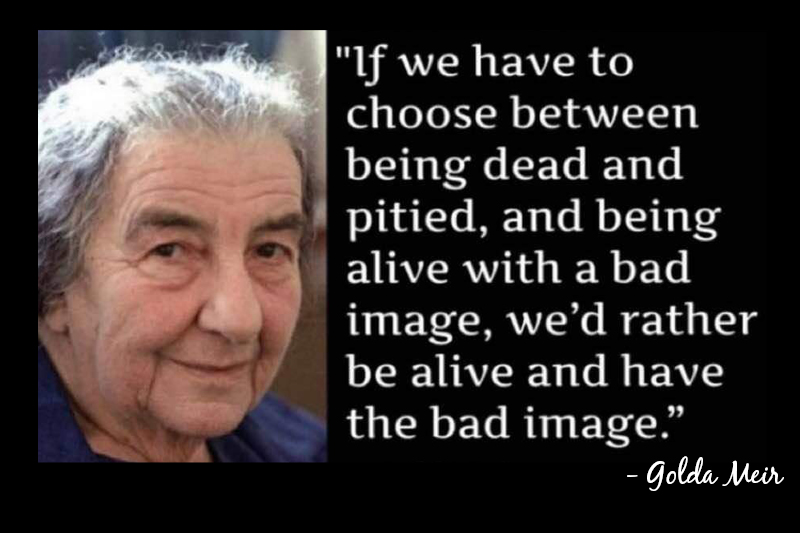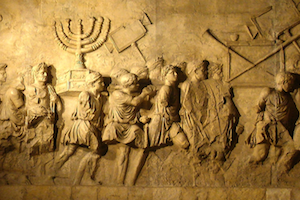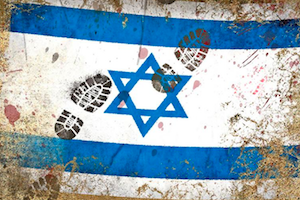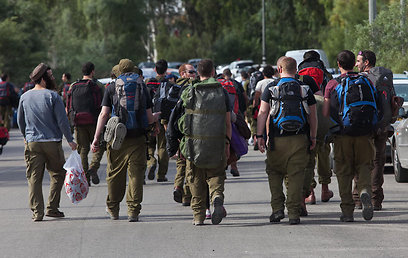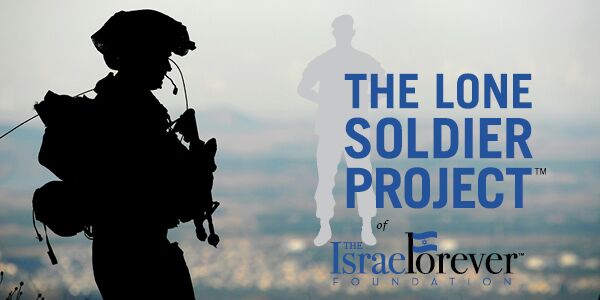HaPalmach: The Fighters Who Gave Us Israel
By Rabbi Avi Schwartz
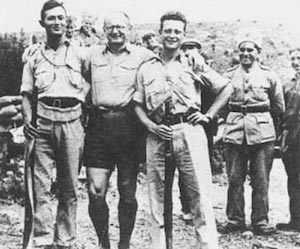
Members of the Palmach
The early morning air drifting off the port of Haifa passed through the tents housing the sleeping new recruits secretly based at Kibbutz Ein Shofat.
Six to a tent, the recruits woke up to the call of Abrashka, a handsome, athletic, and extremely likeable kibbutznik in charge of training.
"Everybody wake up. In ten minutes we begin the march."
The Palmach was a fighting unit that emphasized a brand of leadership stressing quality of character - which of course inspired the volunteers to give their utmost. Rank played no part in the Palmach. Officers were called by their first names, uniforms didn't exist and the things that mattered most were charisma, character and intelligence.
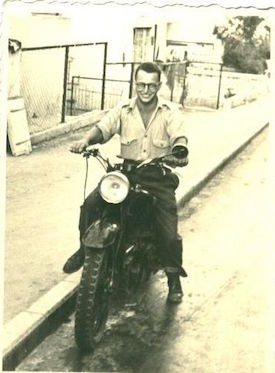
Within fifteen minutes my father and his fellow soldiers were on their first march, crossing over rough terrain. Before joining the Palmach my father had developed his remarkable leg strength by regularly biking up the extremely steep Judean hills, many times with a friend on the back of the bicycle. But now he had to deal with Abrashka, a non-stop running machine.
When Abrashka gave the order to run, the 35-man platoon did just that, doing their best to keep up with him.
Dawn gave way to the sun rising over the eastern horizon, illuminating the majestic landscape and invigorating the platoon to run faster. The whispers of generations of exiled and martyred souls could be heard in the breeze, calling them to make real the dream.
Sweat poured down their faces, but the recruits would never disclose their intense discomfort and pain. Like a master craftsman, Abrashka had begun to mold them. They may have been infused with a strong desire to serve, but the new recruits had no idea just how drastically their lives were about to change.
Dedicated boys were about to be transformed into men of valor.
The inherent qualities the Palmach sought to instill in each recruit were starting to take shape - stamina, stoic outlook, tolerance of pain, selflessness, courage, humility, and a soldier's honor as opposed to a fool's pride.
The first march had come to its end and the fatigued men returned to their tents. Morning had arrived, and my father was about to enter the underground life of the Palmach fighter.
The men of the Palmach, stationed in kibbutzim and assuming the role of kibbutz members to avoid British capture, underwent military training while doing farm work 14 days a month to support themselves.
The days were hard - unrelenting work and training - but the nights were a magical blend of stars above and campfires below, Palmachnik fighters singing impromptu songs, drinking coffee, telling jokes, and dreaming of the moment the exile would end and the Children of Israel would return home.
As the weeks passed my father, Motke, and his new companions learned how to handle weapons and mastered face-to-face (krav panim el panim) combat, stick fighting, jumping and rope climbing.
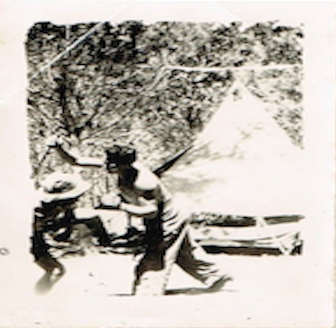
The fighting methods taught were original and geared to the realities of Mandatory Palestine. But before the unit was allowed to undertake its first mission, one more of Abrashka's runs had to be endured.
The march began early in the morning. Abrashka gave the command to run and the unit responded like a well-oiled machine. Suddenly my father felt something in his foot. The pain was excruciating, but he knew if he stopped or slowed down, morale would be broken.
At that moment, the Palmach spirit Abrashka had so relentlessly worked on kicked into place. Step after step, mile after mile, my father focused on the platoon rather than on himself - a technique all Palmachniks utilized when faced with seemingly insurmountable obstacles.
Only when the twenty-mile march-run had come to an end did my father allow himself to relax. He took off his shoe. His foot, bleeding profusely, had a nail in it.
The Palmach lived and fought by the motto Po Lo Maznichim Chever - Here We Don't Leave a Friend Behind. The dedication of these young Jewish warriors was something beyond mere Zionist aspirations. They were ready and willing to part with limbs and even life itself to fulfill the dreams of their ancestors, to redeem the millions of Jews lost in the Holocaust.
It was this phenomenal level of self-sacrifice, this mesiras nefesh, that achieved the victory of 1948 as Jews like my father fought off the Egyptian, Syrian, Jordanian, Lebanese and Iraqi armies. It was a mesiras nefesh that resulted in a flourishing state whose yeshivas, hospitals and charities are so great in number as to be unprecedented in Jewish history.
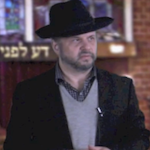
Rabbi Avi Schwartz, is a son of the legendary Palmach fighter, Motzke HaGarzan. He is the founder of Shomrei Haam, a youth leadership organization geared towards activism on behalf of Israel and the Jewish people. He is the creator of the “Fight BDS - Help Israel” app. Last September he initiated and co-organized the first historic New York City march and rally, “Silence? Never Again!”, a protest that was held against media bias, BDS and anti-Semitism.

